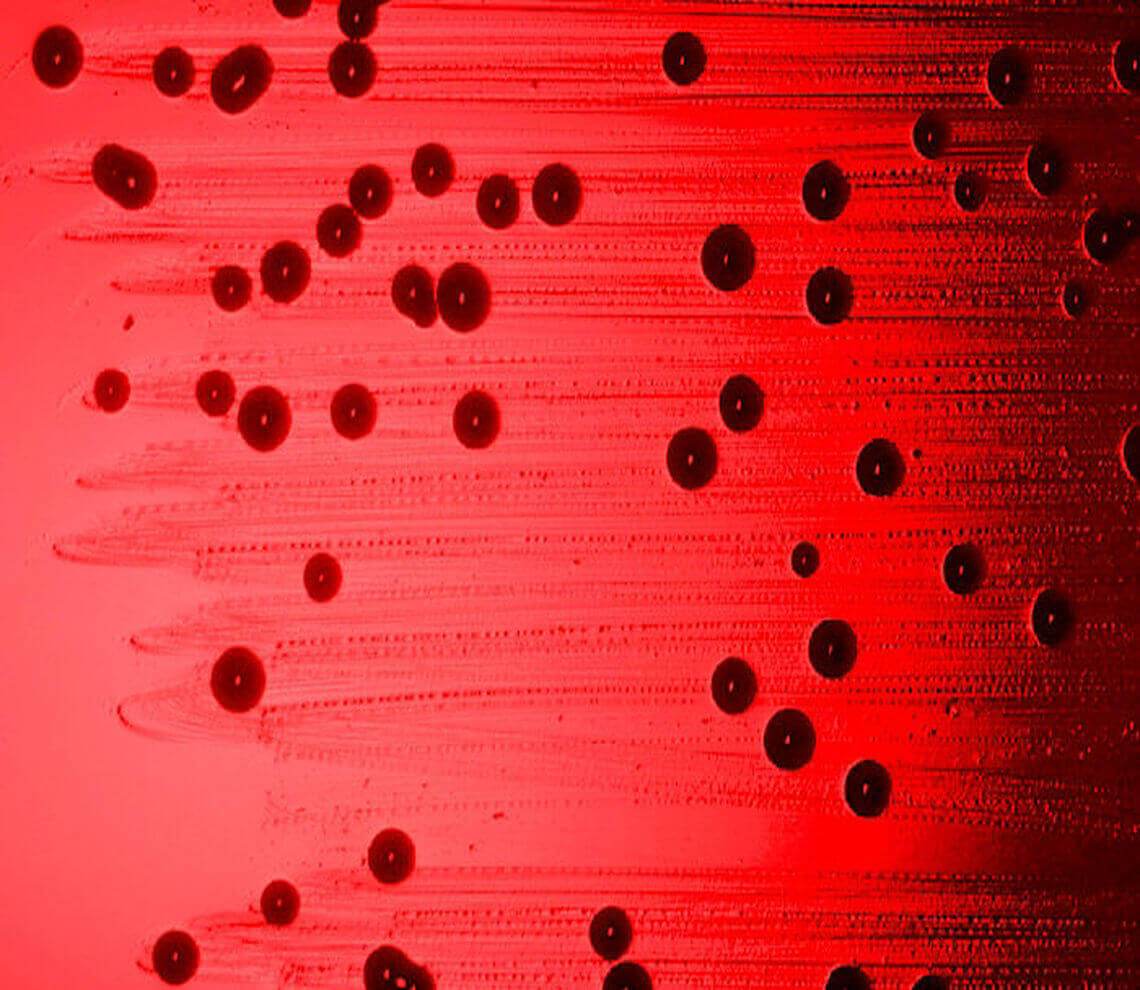- Our Suppliers
- MBS Monoclonals
- Mouse Anti-Human CD64-FITC
Product short description
Price:
343 EUR
Size:
100 Tests
Catalog no.:
GEN670200
Product detailed description
Gene name
N/A
Gene name synonims
N/A
Other gene names
N/A
Concentration
N/A
Purification method
N/A
Other names
N/A
Also known as
CD64
Immunoglobulin isotype
IgG1
Clone
10.1
Category
Antibodies
Clonality
Monoclonal
Latin name
Mus musculus
Conjugation
Anti-FITC Antibody
Host organism
Mouse (Mus musculus)
Subcategory
Mnoclonal antibodies
Form/Appearance
Fluorescein (FITC) Conjugate
Tested applications:
Flow Cytometry, Immunohistochemistry (Frozen sections), Immunoprecipitation, Western Blot, Blocking studies
Description
This antibody needs to be stored at + 4°C in a fridge short term in a concentrated dilution. Freeze thaw will destroy a percentage in every cycle and should be avoided.
Storage and shipping
The fluorescein (FITC) conjugate is supplied as 100 tests in 2.0 mL of PBS/NaN3 and a stabilizing agent. Store the antibody ats should be kept in the range of 1-7 degrees Celsius..
Species reactivity
Human (Homo sapiens); Due to limited knowledge and inability for testing each and every species, the reactivity of the antibody may extend to other species which are not listed hereby.
Test
MBS Monoclonals supplies antibodies that are for research of human proteins.Mouse or mice from the Mus musculus species are used for production of mouse monoclonal antibodies or mabs and as research model for humans in your lab. Mouse are mature after 40 days for females and 55 days for males. The female mice are pregnant only 20 days and can give birth to 10 litters of 6-8 mice a year. Transgenic, knock-out, congenic and inbread strains are known for C57BL/6, A/J, BALB/c, SCID while the CD-1 is outbred as strain.
Specificity and cross-reactivity
Human CD64 CD64, also known as FcgRI, is a 71 kDa type I transmembrane protein. It is expressed exclusively on monocytes and macrophages and binds monomeric human IgG with high avidity. CD64 is thought to play a role in the antibody-dependent cytotoxicity (ADCC) reactions, phagocytosis and mediates the release of IL-1, IL-6 and TNFalpha. INF-gamma increases the expression of CD64 and induces its expression on neutrophils which do not usually express CD64. Glucocorticoids have also been reported to increase this receptor.1-7; Since it is not possible to test each and every species our knowledge on the corss reactivity of the antibodies is limited. This particular antibody might cross react with speacies outside of the listed ones.
Properties
This MBS Monoclonals Fluorescein isothiocyanate (FITC) antibody is currently after some BD antibodies the most commonly used fluorescent dye for FACS. When excited at 488 nanometers, FITC has a green emission that's usually collected at 530 nanometers, the FL1 detector of a FACSCalibur or FACScan. FITC has a high quantum yield (efficiency of energy transfer from absorption to emission fluorescence) and approximately half of the absorbed photons are emitted as fluorescent light. For fluorescent microscopy applications, the 1 FITC is seldom used as it photo bleaches rather quickly though in flow cytometry applications, its photo bleaching effects are not observed due to a very brief interaction at the laser intercept. MBS Monoclonals FITC is highly sensitive to pH extremes.Human proteins, cDNA and human recombinants are used in human reactive ELISA kits and to produce anti-human mono and polyclonal antibodies. Modern humans (Homo sapiens, primarily ssp. Homo sapiens sapiens). Depending on the epitopes used human ELISA kits can be cross reactive to many other species. Mainly analyzed are human serum, plasma, urine, saliva, human cell culture supernatants and biological samples.
© Copyright 2016-Tech News . Design by: uiCookies

